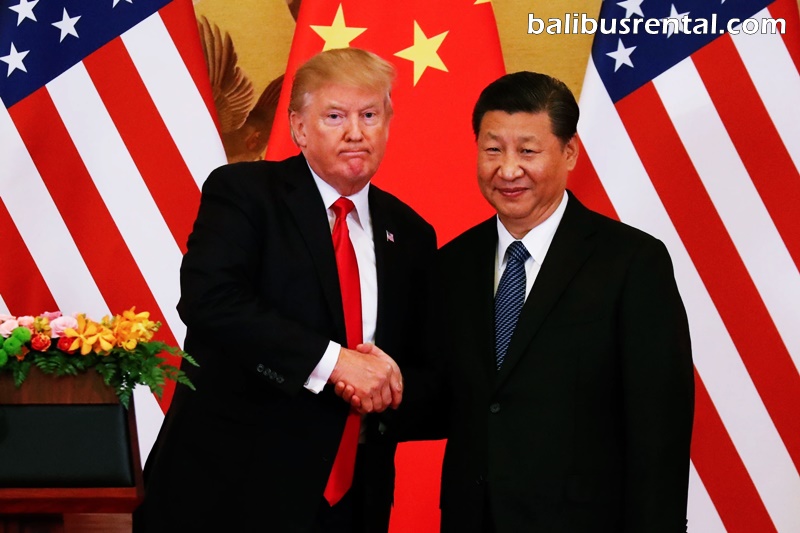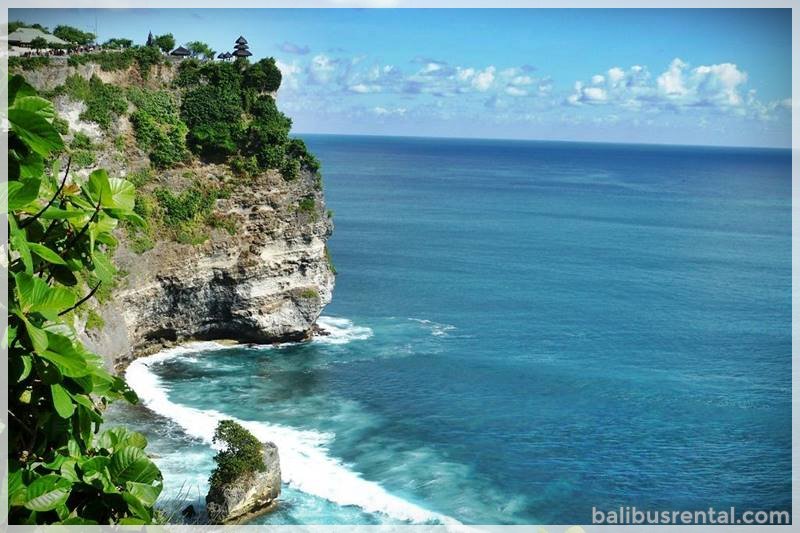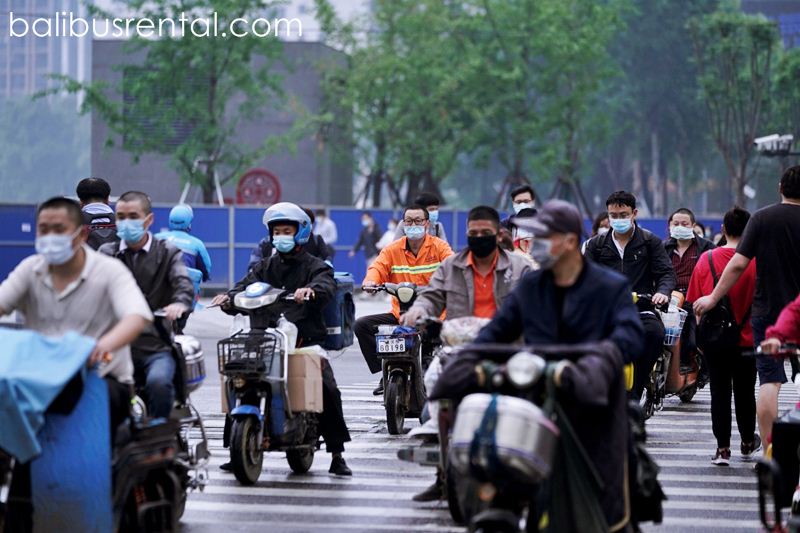Wednesday | July 9, 2025
Trump Hosts Select African Leaders at Exclusive Summit, Snubbing Continent’s Powerhouses
The White House is holding a limited “African leaders” summit this week, but only five out of the continent’s 55 nations have been invited. According to Liberia, President George Weah is among the select African heads of state invited by U.S. President Donald Trump to attend a high-level meeting in Washington, D.C., aimed at “deepening diplomatic ties, advancing shared economic interests, and boosting security cooperation” between the U.S. and a handful of African nations.
The Liberian presidency also named the leaders of Gabon, Guinea-Bissau, Mauritania, and Senegal as fellow invitees. Notably absent from the guest list are Africa’s major geopolitical and economic players, including South Africa, Nigeria, Egypt, and Ethiopia. These countries are all members or close partners of BRICS — an economic bloc that includes Brazil, Russia, India, China, and South Africa — and have faced increasing pressure from the Trump administration for aligning with what it describes as “anti-American” policies.
While the White House has released few details about the summit, analysts are questioning the rationale behind Trump’s selective invitations. Some describe it as a “high-stakes gamble” in U.S. foreign policy.
“What is Trump aiming for?” asks Christopher Afoke Isike, a professor of African politics at the University of Pretoria. He argues that Trump’s chosen attendees are “low-hanging fruit” — easier diplomatic targets in a broader strategy to counter Chinese and Russian influence in Africa.
“Trump wants something tangible to show his supporters, a deal or commitment that demonstrates he’s advancing American interests. But he’s also clearly focused on pushing back against China’s dominance and Russian involvement in Africa,” Isike told CNN. “Most of Africa’s regional heavyweights are deeply embedded in BRICS or looking to join. The five countries attending this summit don’t fall into that category, making them easier for Trump to court.”
China remains Africa’s largest bilateral trading partner, while Russia has expanded its presence as a leading arms supplier. Trump’s selective outreach marks a departure from the broader, more inclusive summits held by former Presidents Barack Obama and Joe Biden, who prioritized engagement with the entire African Union.
During his first term, Trump was widely viewed as disengaged from Africa, hosting only a 2017 “working lunch” with nine African heads of state — including leaders from Nigeria, South Africa, and Ethiopia — whom he praised as partners for economic and security cooperation. “Africa has tremendous business potential,” Trump said at the time.
Now in his second term, Trump has shifted toward a more transactional policy, focusing on Africa’s rich deposits of critical minerals essential for U.S. industries. His administration recently brokered a peace deal between Rwanda and the Democratic Republic of Congo — a mineral-rich country. Trump boasted that the agreement would allow the U.S. access to “a lot of the mineral rights from the Congo.”
Although the signed accord does not explicitly grant mineral rights to the U.S., it outlines a framework for expanding trade and investment in critical mineral supply chains, with provisions for partnerships involving the U.S. government and private American investors.
Meanwhile, U.S. Secretary of State Marco Rubio announced on July 1 the formal end of the U.S. Agency for International Development (USAID), the primary channel for American humanitarian aid abroad. He criticized the aid model, stating that nations benefiting from U.S. generosity “usually fail to reciprocate,” and emphasized that future aid and investments must align with the “America First” agenda.
Under Trump, the U.S. has already slashed more than 80% of USAID programs and imposed “reciprocal” tariffs on multiple countries, including several in Africa. South Africa has pushed back, calling the upcoming tariff — set to take effect August 1 — “inaccurate and unjustified” based on trade data.
In a further hardline move, Trump expanded travel bans to include 12 mostly African and Middle Eastern countries, citing security concerns. A proposed extension could block travel to the U.S. from large parts of West Africa.
In contrast, China has responded by eliminating tariffs on nearly all imports from its African partners, with the notable exception of Eswatini (formerly Swaziland), which maintains diplomatic ties with Taiwan — a red line for Beijing.
Why were five African countries chosen?
Though relatively small economies, Gabon, Guinea-Bissau, Mauritania, Senegal, and Liberia are rich in natural resources, including oil and gas, gold, iron ore, and rare earth elements. Strategically located along the West and Central African coasts, these nations are also emerging as key departure points for migrants attempting to reach the United States.
According to Ousmane Sene, director of the West African Research Center (WARC) in Senegal, the Trump-hosted summit will likely address more than just economic cooperation. “There may be other stakes — particularly migratory trends from West Africa through Nicaragua and onward to the U.S.,” Sene told CNN. He also pointed out the strategic significance of the five countries’ Atlantic coastlines in broader security discussions.
Migration from the region has become a growing concern for U.S. authorities. The New York Times reported last year that the number of African migrants arriving at the U.S. southern border surged from just over 13,000 in 2022 to 58,462 in 2023 — with nationals from Mauritania and Senegal among the most prominent.
What is in it for the chosen five?
For Dakar-based journalist and political analyst Mamadou Thior, who reported on the first U.S.–Africa Leaders Summit under President Barack Obama in 2014, the five African leaders invited to this week’s meeting must come prepared to negotiate shrewdly. “Trump is a businessman. Only America’s interests matter to him,” Thior said. “USAID, which was once a key partner for countries like Senegal, no longer exists. It’s now up to these leaders to engage Trump and explore new forms of cooperation.”
Christopher Afoke Isike, professor of African politics at the University of Pretoria, views the summit as the beginning of a new U.S. diplomatic approach — one anchored in transactional deals focused on trade, economic reform, and tangible outcomes for American interests. Still, he notes, the invited nations can expect to benefit from expanded private sector partnerships, investment opportunities, infrastructure development, and enhanced security cooperation with the U.S.
These countries are no strangers to global competition. All five have been actively courted by China, which has dramatically increased trade with the region and invested heavily in infrastructure projects, particularly in Gabon and Senegal. When Guinea-Bissau’s President Umaro Sissoco Embaló visited Beijing in September, he praised China as “the future” and “a brother” to Africa, expressing a desire for closer ties. “Guinea-Bissau is willing to be a trustworthy friend and partner of China,” he said, according to a Chinese foreign ministry statement.
Senegal’s Prime Minister Ousmane Sonko echoed similar sentiments last month, thanking China for awarding dozens of training scholarships to Senegalese athletes and coaches in preparation for next year’s Summer Youth Olympics. At the same time, Sonko criticized the U.S. for denying visas to several members of Senegal’s women’s national basketball team, a top-ranked squad in Africa, leading to the cancellation of a planned training camp in the United States.
As the White House hints at the possibility of a broader African leaders’ summit later this year, Trump’s current direction signals a clear break from traditional aid-based engagement. “This is a high-stakes gamble aligned with America’s effort to reassert influence in Africa — not through aid, but through strategic, commerce-driven partnerships,” said Isike.
“Trump doesn’t back Africa because he cares about the continent,” Isike added. “He simply doesn’t have time for countries that depend on handouts. His approach rewards self-reliance — and this summit is part of that strategy, favoring nations that can help themselves and deliver results.”




